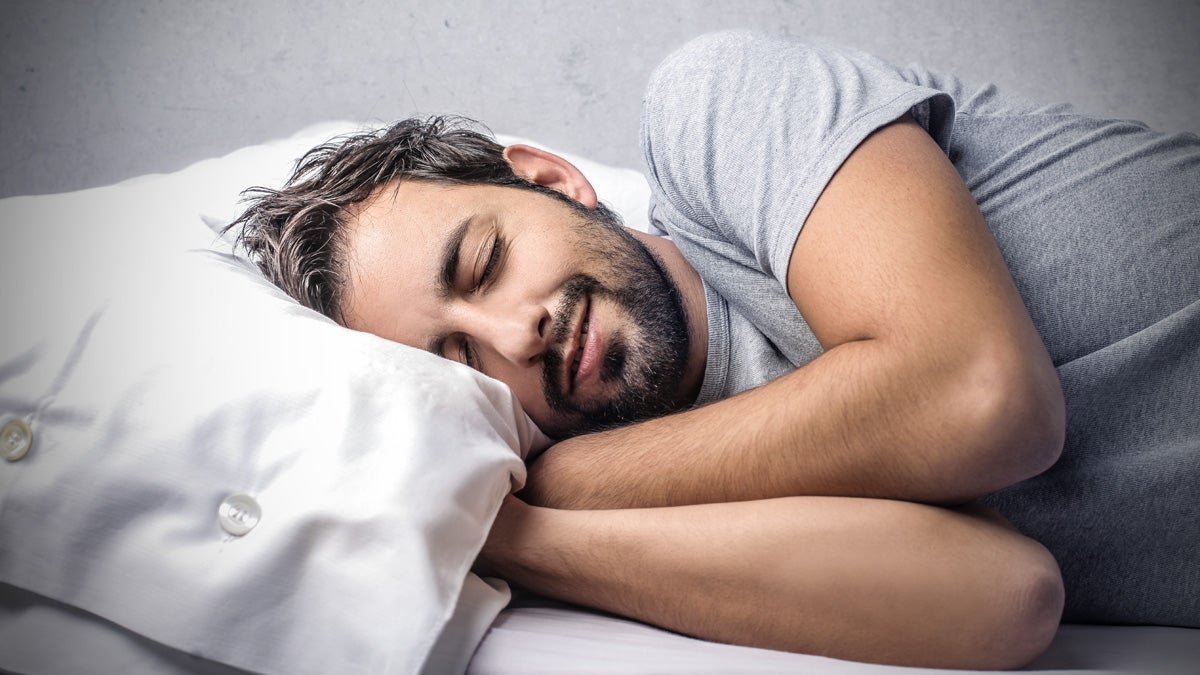Lower dose of sleeping pills possible with placebos, finds Penn study
Listen Photo via ShutterStock) " title="shutterstock_166135529" width="1" height="1"/>
Photo via ShutterStock) " title="shutterstock_166135529" width="1" height="1"/>
(Photo via ShutterStock)
What if you could take half as much of a drug, but still get the full benefit? Early findings from the University of Pennsylvania suggest that sugar pills have the ability to dramatically lower dosages of sleeping medications.
In a study published this week in the journal Sleep Medicine, researchers started insomniacs on a month-long regimen of daily Ambien. Then some patients switched to taking the pill only three to four times a week, a common way doctors lower the overall amount of drug to cut out side effects and keep the meds working.
“Their sleep was reliably crummier,” said Michael Perlis, the lead author of the study and the director of the behavioral sleep medicine program at Penn. “They took longer to fall asleep; they were awake more in the middle of the night.”
But if placebo pills filled those medication-free days, participants slept much better — as if they had continued on the daily dose.
The study used just 55 patients, and the results are preliminary. But to Perlis, it’s an early indication of placebos’ untapped potential.
“Maybe you can train the body to produce the therapeutic response,” he said, “just by the same color pill.”
Director of Thomas Jefferson’s sleep disorder center Karl Doghramji said the placebo effect is well known in insomniacs, but it’s not yet clear how to leverage it.
“The strategy that they used in this research study, although an elegant and interesting one from a research standpoint, unfortunately is not one which translates readily into clinical practice,” he said.
To incorporate placebos, as the study did, drugs would have to be packaged in foil blister packs like birth control pills to ensure that patients wouldn’t by chance take too many empty pills. And there are ethical concerns.
The FDA might not even approve a drug with placebos, Doghramji noted.
But if it works, Perlis suspects patients will be willing to give consent. He’s planning on finding out if placebos allow patients to use even lower doses of Ambien, and whether the approach will work for other medications. In particular, he said, opioids are an attractive target, since lower doses might improve safety.
“We don’t know what the limits to this game are yet,” Perlis said. “It may be possible, not only because of what people expect, but because of conditioning, to really use very infrequent doses of actual medication after you’ve garnered a treatment response.”
WHYY is your source for fact-based, in-depth journalism and information. As a nonprofit organization, we rely on financial support from readers like you. Please give today.

